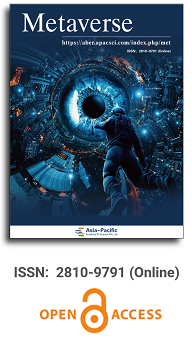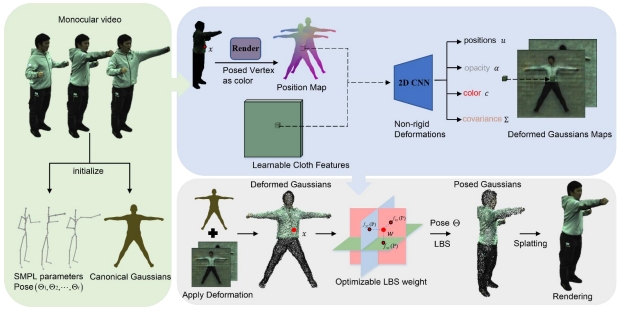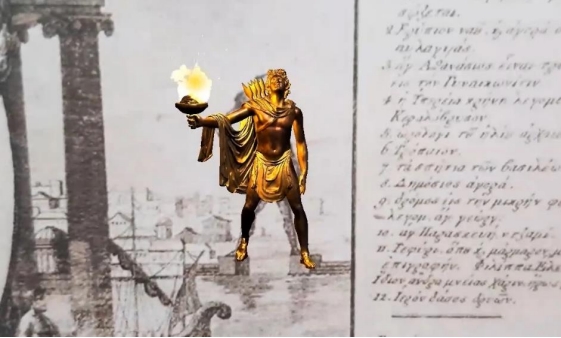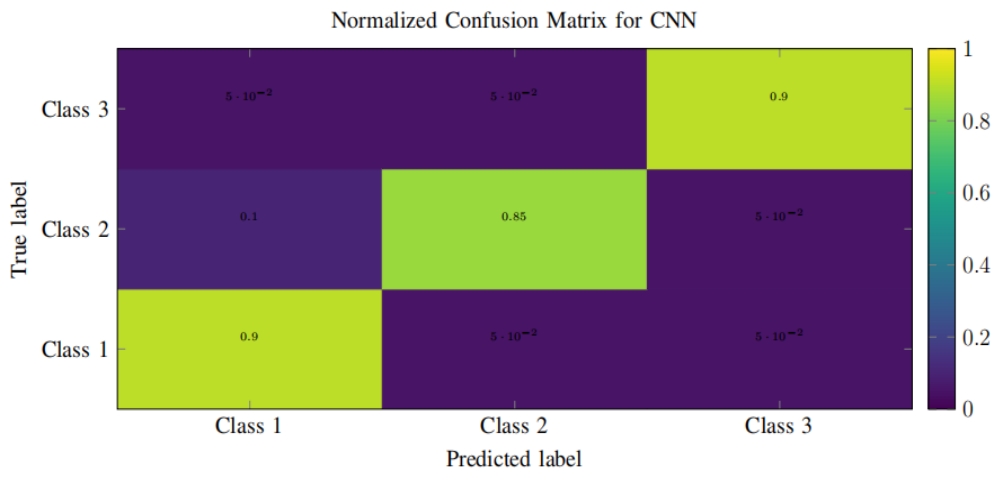
Asia Pacific Academy of Science Pte. Ltd. (APACSCI) specializes in international journal publishing. APACSCI adopts the open access publishing model and provides an important communication bridge for academic groups whose interest fields include engineering, technology, medicine, computer, mathematics, agriculture and forestry, and environment.



Metaverse: The latest sign of human existence
Vol 3, Issue 1, 2022
Download PDF
Abstract
The explosion of the “metaverse” provides an opportunity to reflect on the impact of intelligent digital virtual technology on contemporary humanity. While the metaverse opens new worlds of possibility for humanity, the extreme reality. The world and the people in it have been rewritten as a result of the inversion of reality and the obscuring of so-called “augmented reality”, which has led to the retreat of the original reality. In the metaverse, the world is grasped more by perceptual perceptions, the objects are informational and symbolic ideas, and the subjects of grasp are increasingly becoming twin digital doppelgangers, digital beings. The metaverse will bring about the tribalization of public life and the territorialization of public space. The construction of a metaverse order is essentially a governance of the human imagination, which will require a shift in political philosophy. The metaverse is the inevitable consequence of the so-called “humanization” of technology. The increasing “staying” and “involution” of people in the world of intentionality, their domination by instrumental reason, their anti-intellectualization and their dumbing down, all of which are the paradox of “human, too human”. The interaction between individual intentionality and extensiveness, as well as the risk of serious consequences brought by technological innovation, make the individual’s free choice involve problems, so we must appeal to re-moralization, and the basis of re-moralization is individual cultivation. Philosophic workers should not only keep an open attitude, but also keep a thinking attitude towards the metaverse.
Keywords
References
- Giddens A. Modernity and self-identity: Self and society in the late modern age. Xia L (translator). Beijing: Renmin University of China Press; 2016. p. 1, 26–27.
- Zhao G, Yi H, Xu Y. Metaverse. Beijing: China Translation & Publishing House; 2021. p. 16.
- Zhang H. On the “Chinese flavor” of sci-technological terms: Qian Xuesen’s translations of VR as an example. Chinese Science & Technology Translators Journal 2020; 33(1): 9–12.
- Marx KH, Engels F. The collected works of Marx and Engels. Beijing: People’s Publishing House; 2009. p. 3.
- Harari YN. A brief history of today: The big issue of human destiny. Lin JH (translator). Beijing: CITIC Press Group; 2018. p. 85.
- Shilling C. The body and social theory. Li K (translator). Shanghai: Shanghai Wenyi Publishing; 2021. p. 323.
- Shilling C. The body and social theory. Li K (translator). Shanghai: Shanghai Wenyi Publishing; 2021. p. 323.
- Habermas J. Strukturwandel der Öffentlichkeit (German) [Structural change of the public]. Cao W, Wang X, Liu B, et al. (translators). Beijing: Xuelin Publishing House; 1999. p. 157, 251.
- Liu Y. Destructive knowledge growth and technological ethics failure: Great challenges and opportunities for high technology. China Science and Technology Forum 2019; (2): 1–3.
Supporting Agencies
Copyright (c) 2022 Xiangping Shen

This work is licensed under a Creative Commons Attribution 4.0 International License.

This site is licensed under a Creative Commons Attribution 4.0 International License (CC BY 4.0).

Prof. Zhigeng Pan
Professor, Hangzhou International Innovation Institute (H3I), Beihang University, China

Prof. Jianrong Tan
Academician, Chinese Academy of Engineering, China
Conference Time
December 15-18, 2025
Conference Venue
Hong Kong Convention and Exhibition Center (HKCEC)
...
Metaverse Scientist Forum No.3 was successfully held on April 22, 2025, from 19:00 to 20:30 (Beijing Time)...
We received the Scopus notification on April 19th, confirming that the journal has been successfully indexed by Scopus...
We are pleased to announce that we have updated the requirements for manuscript figures in the submission guidelines. Manuscripts submitted after April 15, 2025 are required to strictly adhere to the change. These updates are aimed at ensuring the highest quality of visual content in our publications and enhancing the overall readability and impact of your research. For more details, please find it in sumissions...






.jpg)
.jpg)

